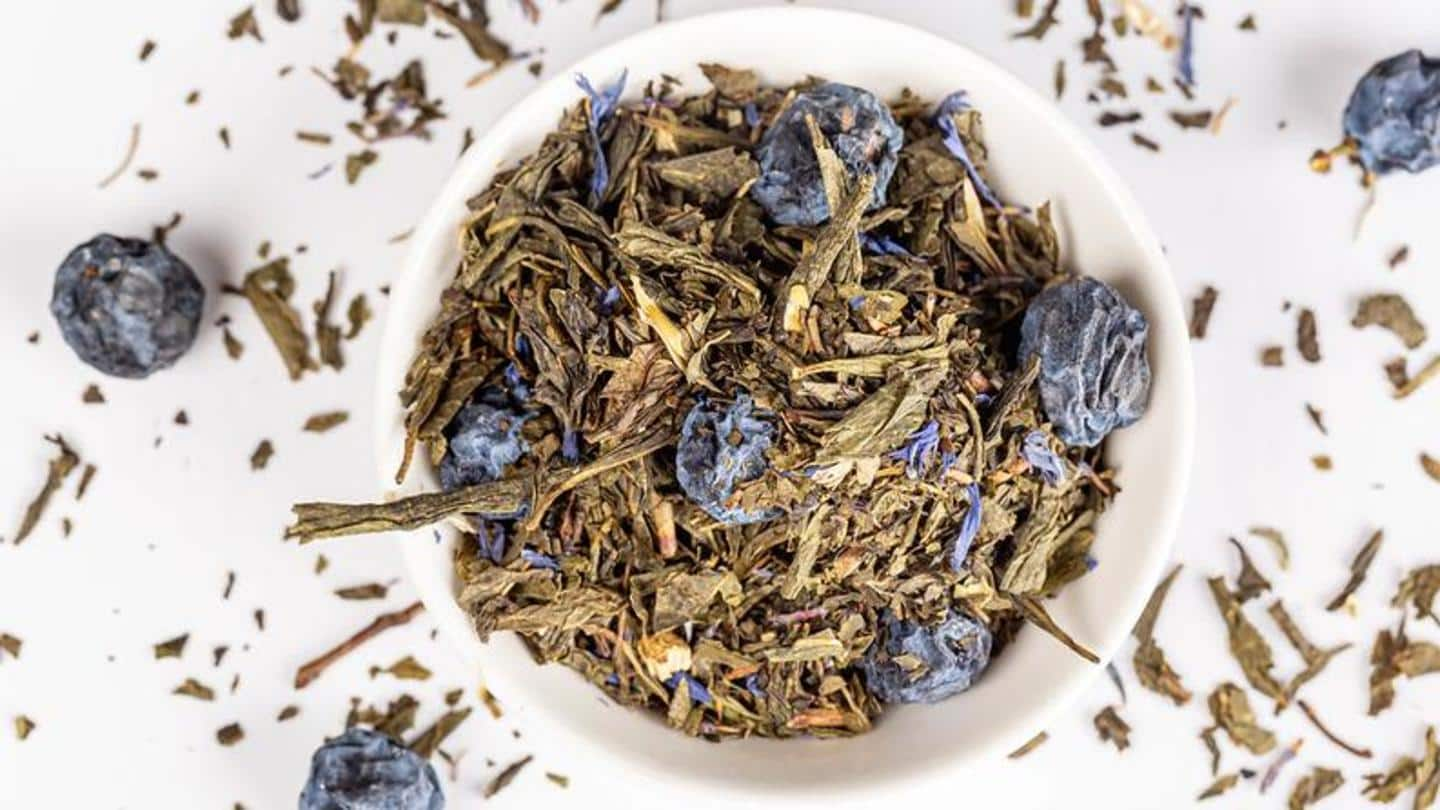
What is herbal tea, benefits, and more
What's the story
Herbal teas have existed for a very long time, but have only gained mass popularity over the past few decades.
Herbal teas provide a way to get back to fundamentals and focus on well-being through a holistic approach in an increasingly stressful environment.
Some famous types include ginger, ginkgo biloba, ginseng, hibiscus, peppermint, jasmine, rosehip, mint, rooibos, rose, chamomile, and echinacea.
#1
What is herbal tea?
Herbal tea is not technically tea, as it is not derived from the tea plant Camellia sinensis.
Made from herbs, seeds, fruits, or roots, herbal teas have lower concentrations of antioxidants and caffeine than other teas.
The chemical compositions vary depending on the plant used.
Herbal teas are most commonly consumed hot, but can also be chilled and served.
#2
Benefits of herbal tea
Chamomile: This tea is known to relax you and help you sleep better. It is also good for managing diabetes and preventing osteoporosis.
Ginger: Known as a remedy for nausea, sipping ginger tea helps lessen muscle pain and eases period pain.
Hibiscus: Helps protect the liver, promote weight loss, and boost immunity.
Rooibos: It is good for bone health, digestive health, and preventing obesity.
#3
Caffeine content of herbal tea
Most varieties of herbal tea are naturally caffeine-free.
However, the caffeine content depends on precisely which herbs, flowers, roots, and other ingredients are used in the blend.
For example, yerba mate naturally contains caffeine. Beverages that are made with this herb contain roughly half the amount of caffeine per cup found in a similar-sized cup of coffee.
Some herbal blends contain actual tea leaves.
#4
Health risks of herbal tea
While most herbal teas are safe to drink on a daily basis, certain plants can be poisonous or allergic. Herbal teas can affect every individual differently.
There's also the issue of possible misidentification of herbs, so be careful while choosing plants.
Fruit or fruit-flavored teas are acidic, which can cause dental enamel erosion.
Herbal teas, like any crop, maybe polluted with pesticides.
#5
Pregnancy
Pregnant women should avoid taking any herb in proportions larger than those found in meals, according to most health professionals.
Several medical plants are considered abortifacients, which might cause miscarriage if ingested by a pregnant woman. For example: nutmeg, mace, papaya, bitter melon, verbena, slippery elm, and saffron.
Although typically deemed safe, raspberry leaf may cause uterine contractions and peppermint may boost menstruation flow.